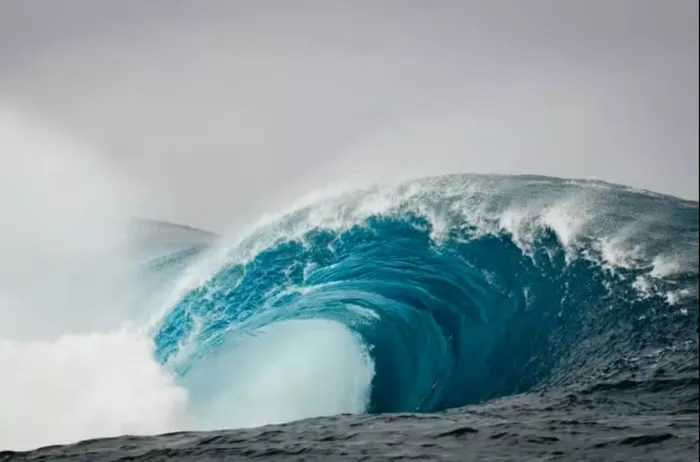The U.S. Department of Energy (DOE) has allocated nearly $2 million to fund two university-led projects focused on harnessing wave energy for desalinating seawater. These initiatives aim to create more sustainable sources of clean water, particularly for coastal communities and in disaster relief efforts.
Matthew Grosso, Director of the DOE’s Water Power Technologies Office (WPTO), explained that the projects would help provide drought-resistant drinking water. “The United States has vast wave energy resources that can be used to produce clean drinking water, as well as meet coastal energy needs and power offshore operations and electricity grids,” he said.
The two funded projects will work on improving the efficiency and affordability of wave-powered desalination technologies:
Purdue University in West Lafayette, Indiana, will develop a system that uses hydraulics to filter and produce drinking water, relying on the movement and pressure of water rather than electricity. The focus will be on improving efficiency and reducing maintenance costs. Purdue’s project will receive $999,523 in funding.
University of Minnesota in Minneapolis will work on a dual-purpose system that generates both electricity and hydraulic pressure from wave energy. This technology is designed to support large-scale desalination plants, functioning independently to ensure minimal disruptions. The project is being conducted in collaboration with the University of Michigan and Novus Technical Services, and it has been awarded $997,798.
These projects were selected as part of the WPTO’s Marine Energy Systems Innovation at Sea program. The funding follows an earlier round of funding in 2023, which supported seven additional projects.
Wave energy in the U.S. is estimated to have the potential to provide 34% of the nation’s electricity. Tapping into even a small fraction of this resource could play a key role in boosting clean energy and water production nationwide.
Related topic:
- Winter Storm Leaves Kentuckians Without Power
- Singapore to Build Hydrogen-Ready Power Plant for Low-Carbon Transition
- Experts Warn About Safe Generator Use Ahead of Winter Storm

